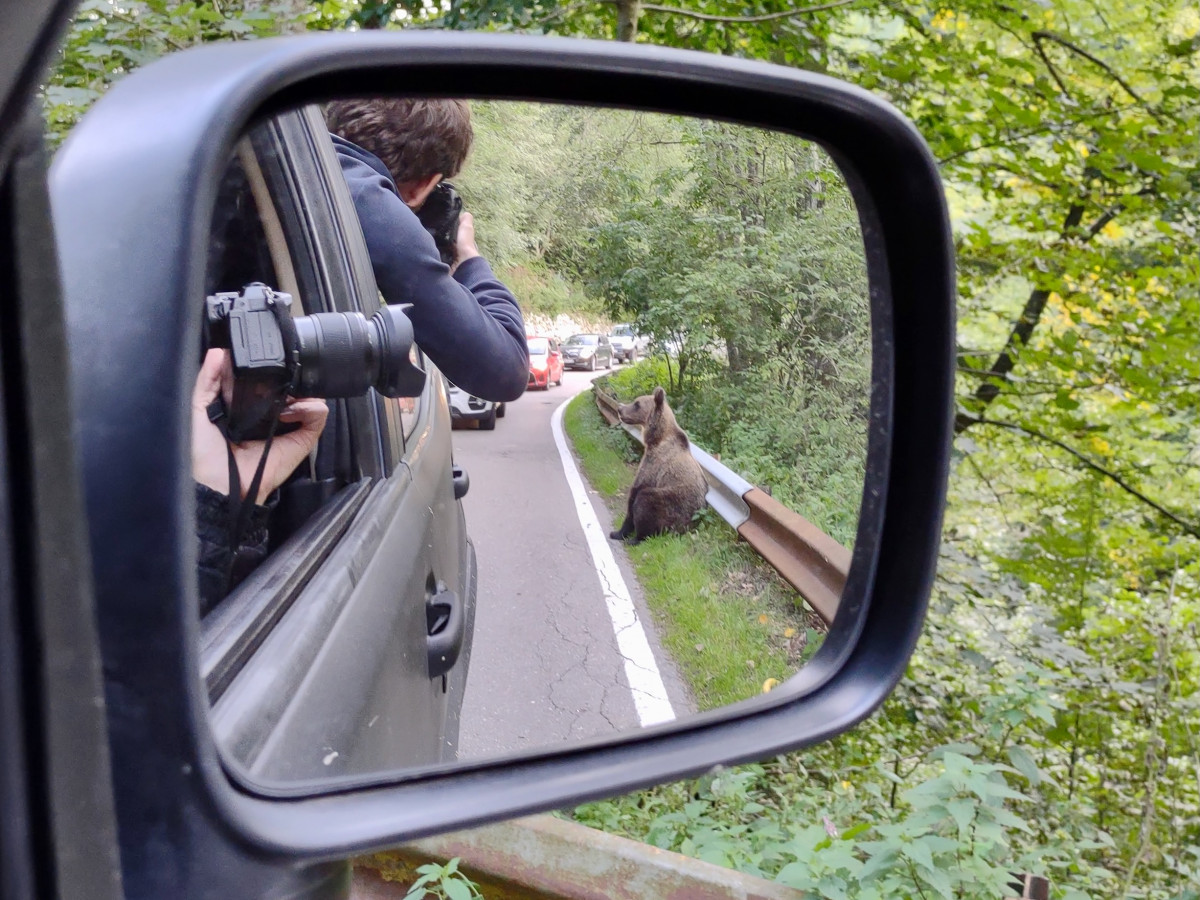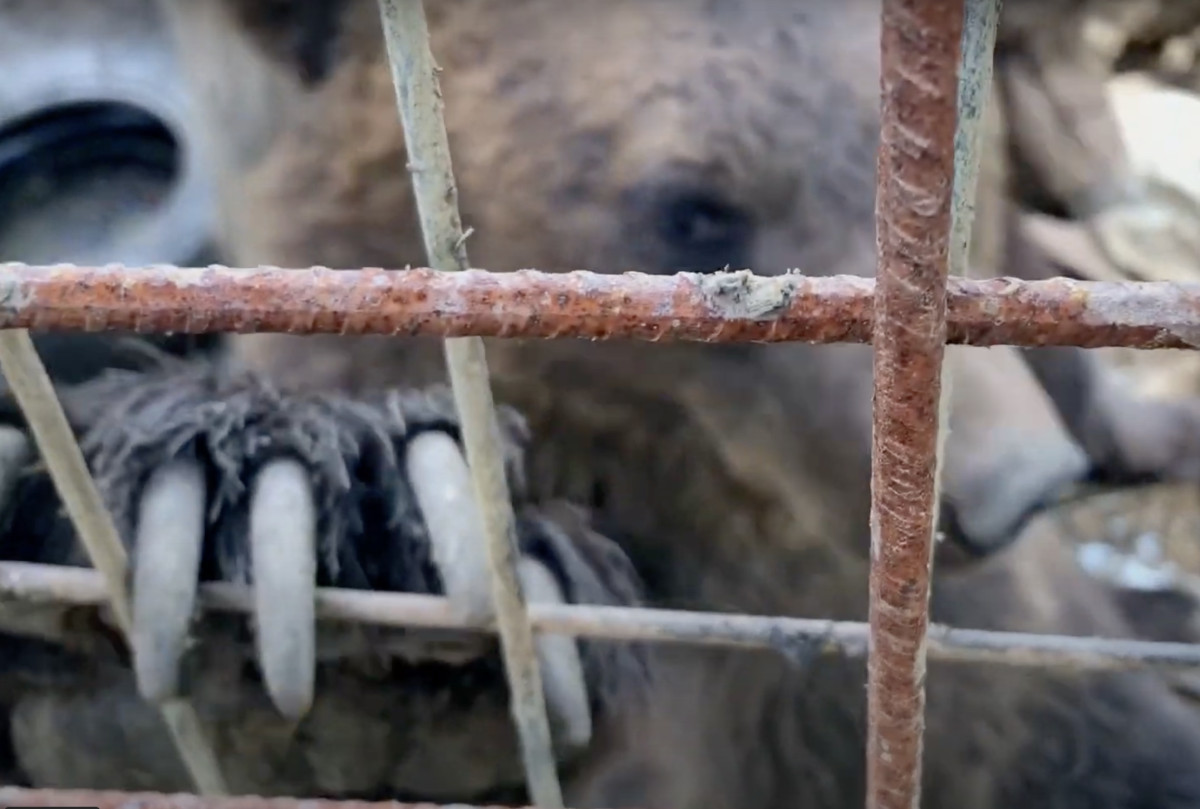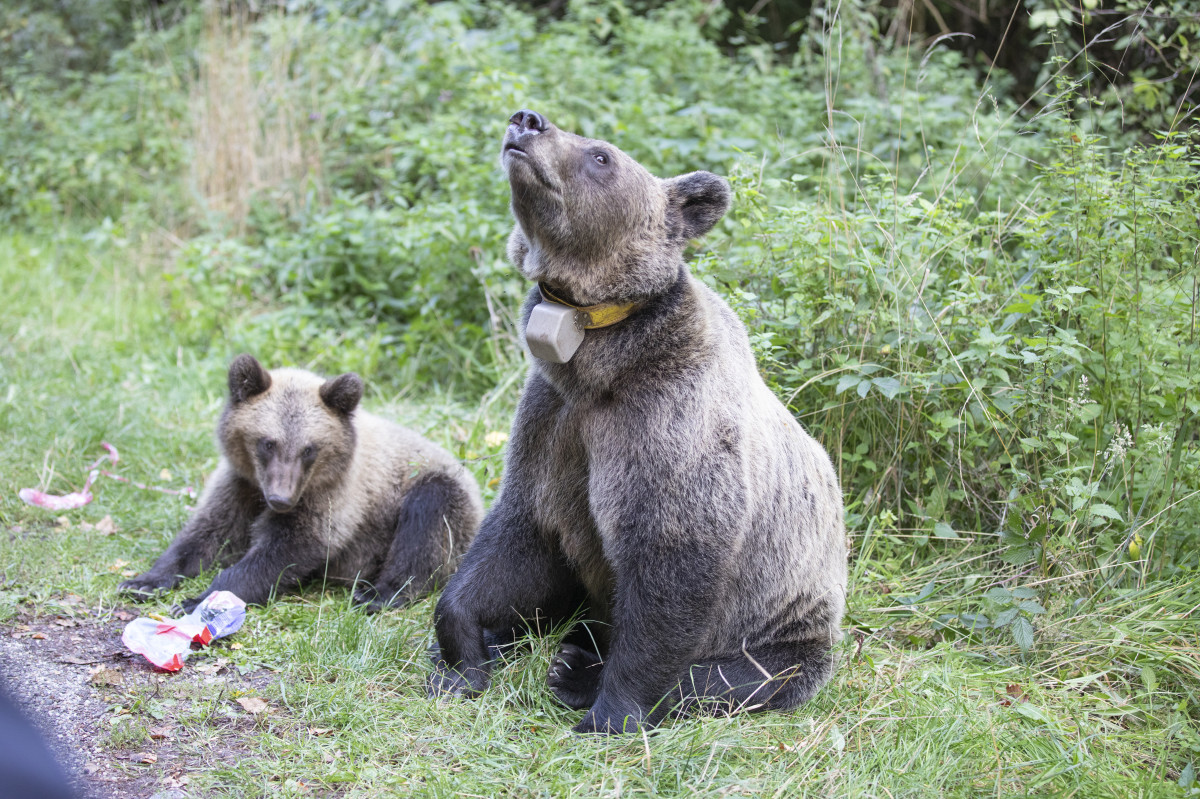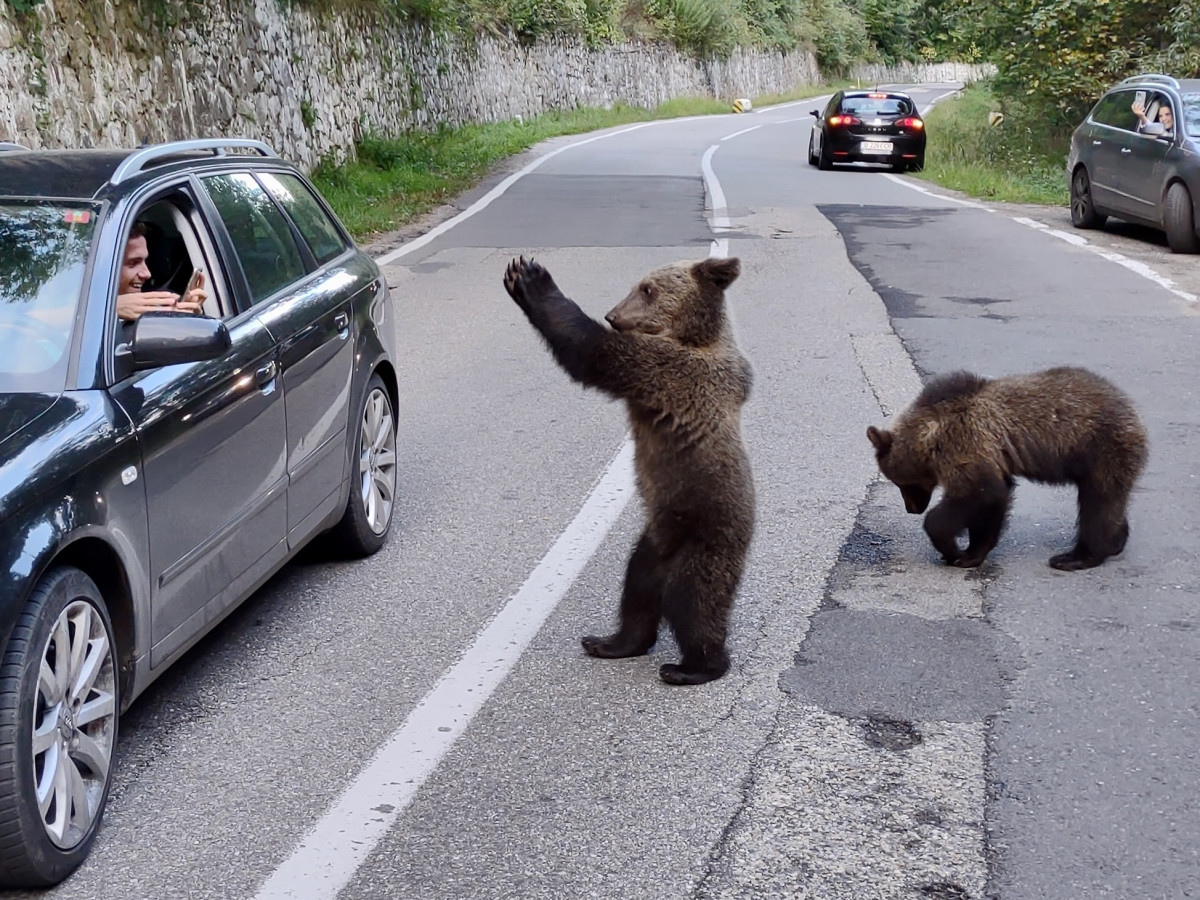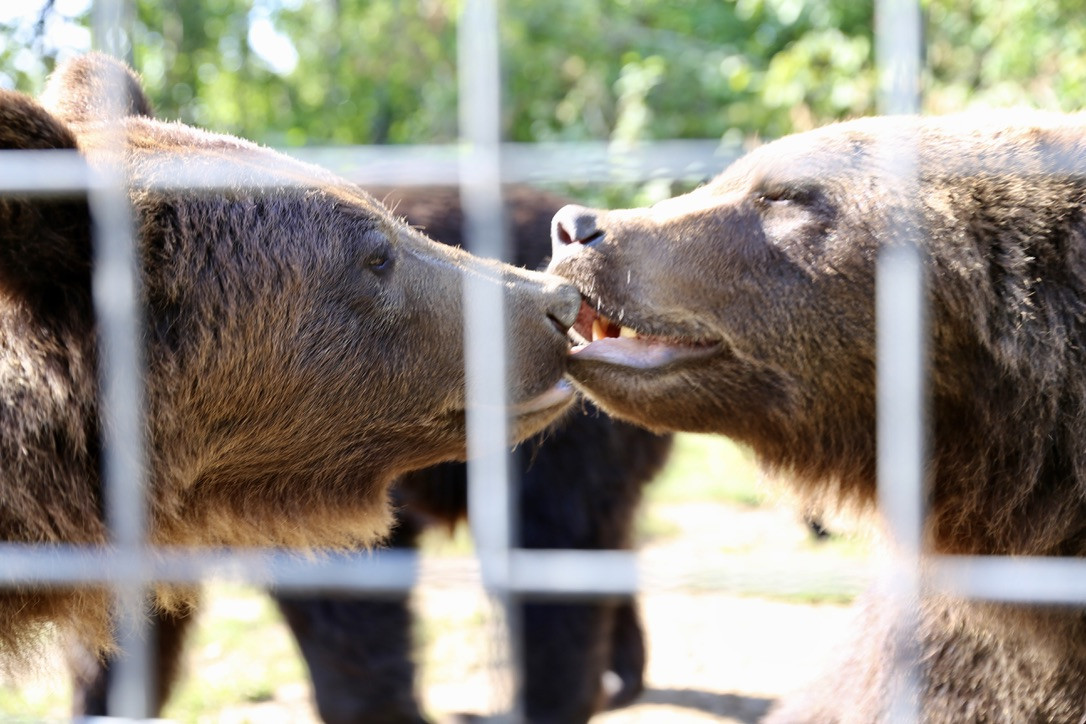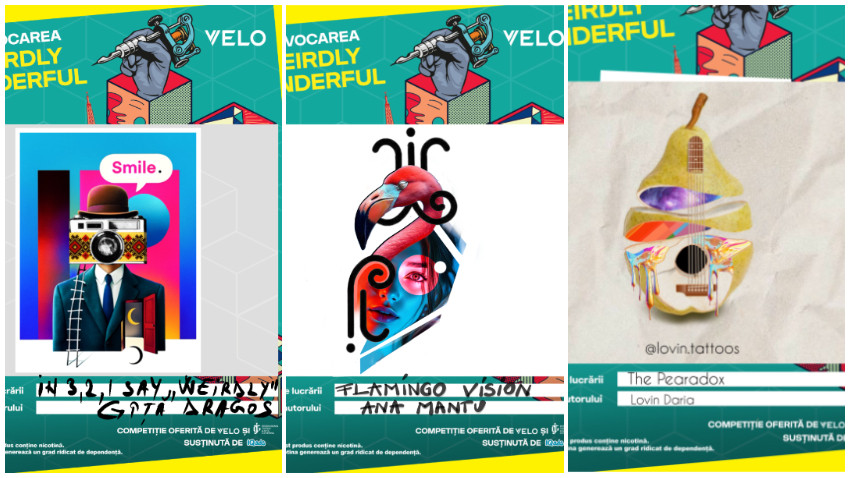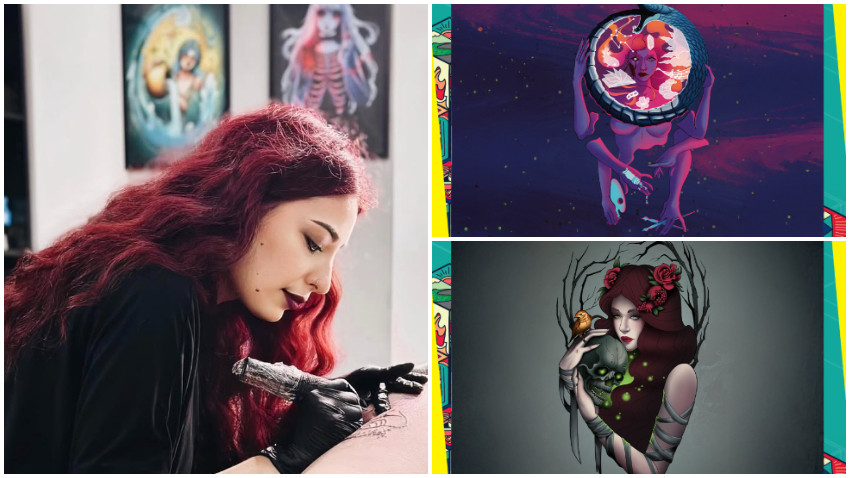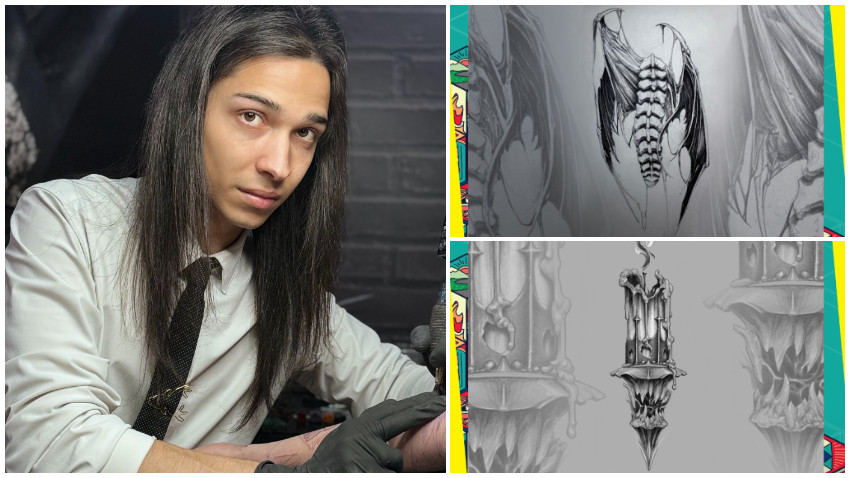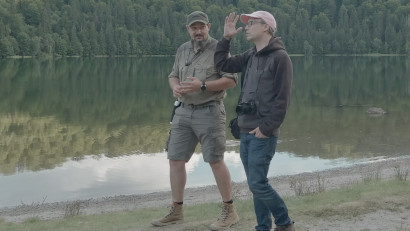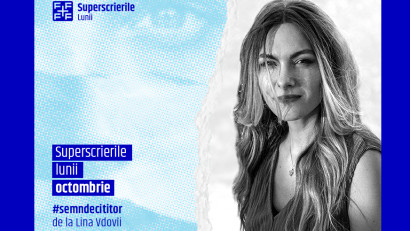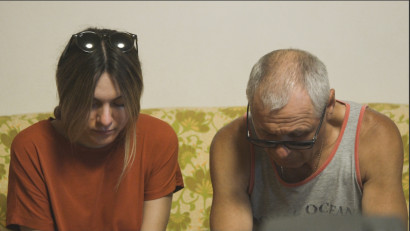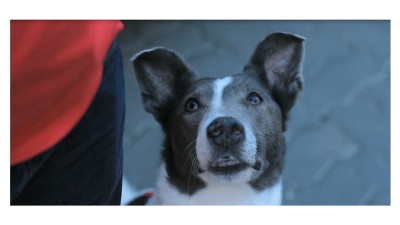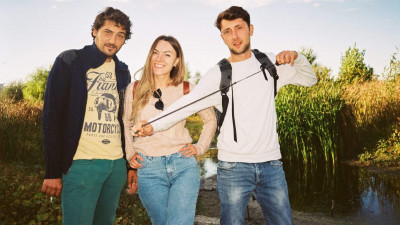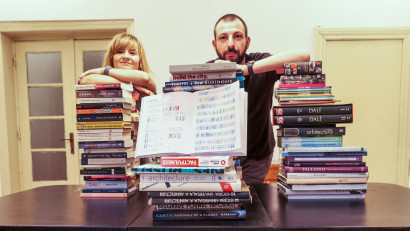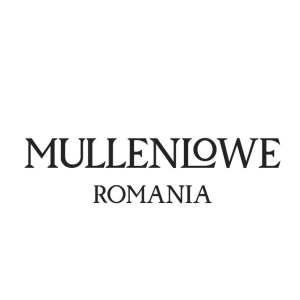While travelling around Romania with Romanian filmmaker Ovidiu Stancu and Italian photographer Diego Ravier, journalist Michael Bird decided to document the bears begging on the Transfagarasan highway. Witnessing a blatant disrespect for nature, they knew they had to investigate further, Michael recounts.
They embarked on a four-month journey through five countries, exploring bear-human interactions. Two years later, the “Bears Uncovered” project became more than just a film — it became a brand, integrating investigative journalism with compelling visual storytelling.
"Bears Uncovered" reveals surprising findings and challenges widespread myths about European countries' attitudes towards bear conservation. From Romania to Slovenia and Albania, the treatment of bears varies dramatically, exposing a complex reality. The documentary also highlights the different cultural perspectives on bear management, contrasting Romania's fear-driven policies with Italy's balanced approach.
The documentary, which aimed to present an honest and balanced view of a polarizing issue, has sparked varied reactions. We asked Michael about his experience filming, his (unexpected) findings, and his hope about the impact of the film.
Defining moments in your career
A few years ago, I had to confront another British journalist who was guilty of making up his stories (in an investigation I was co-writing with Lina Vdovii, here). One of the hardest parts of this profession is making the subjects of investigations answer directly to accusations. I was nervous, and I called him. He was angry. But I managed to make him respond to every single one of my questions, without him hanging up. This completed our story. At that moment, I thought: my colleague and I could not have done this job better.
Journalism is a bipolar profession, as it requires both overconfidence and the ability to write well. One needs stalker-like social skills, and the ability to reflect on events in quiet contemplation - to be both extrovert and introvert. This is a balance I rarely manage to achieve, but in this case I felt a measure of success.
The birth of the “Bears Uncovered” documentary
Two years ago, I was travelling around Romania with Romanian film-maker Ovidiu Stancu and Italian photographer Diego Ravier, and we decided to check out the bears begging on the Transfagarasan highway. Here, 20 bears wait for tourists to throw pufuleti and bread out of car windows. We filmed tourists chucking scraps to the bears, and high-fiving them for TikTok clips. This was a crime against nature, therefore worth following up. Then, we secured a grant from the IJ4EU for a cross-border project, and we spent four months on the road in five countries, on a bear hunt. A Journalism Fund Europe grant helped us in post-production.
The team
We have an excellent team, rooted in Romania. Ovidiu Stancu is a journalist/producer who I have worked with on investigations into animal abuse for ten years, Vjosa Cerkini is a talented young film-maker from Kosovo, and Stefano Petrelli is a journalist with great personal skills and local knowledge in Italy. Also, in Romania, the project required the visualisation genius of Razvan Zamfira for infographics and web design, and the art of Andrei Cotrut for the illustrations, post-production talents of Cristi Gagea, and we had excellent cooperation with the team at Scena9, who published the project. The idea was to build a project where the look and feel was not an afterthought, but an integral part of the project’s development. We felt as though we were creating both an investigation and a brand. The website was in development for almost as long as the film itself.
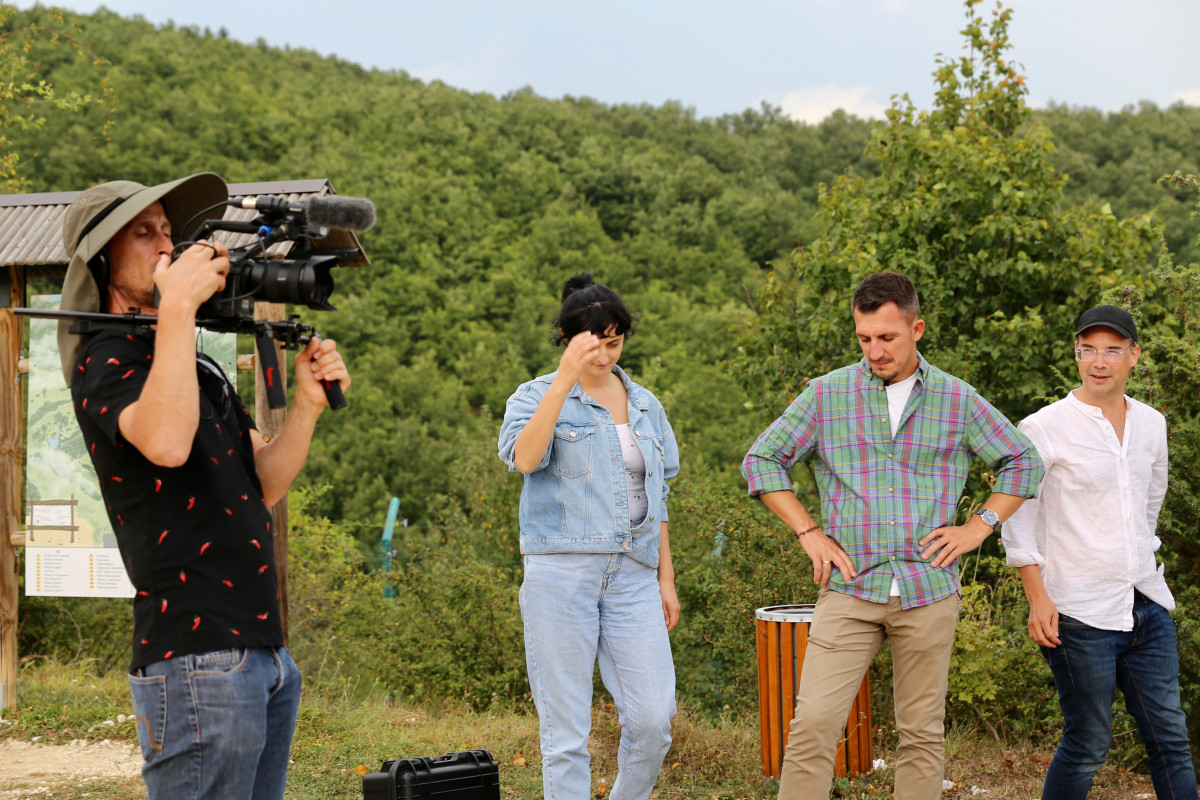
Photo: (Making of - Kosovo) Ovidiu Stancu, Vjosa Cerkini (Bears Uncovered), Taulant Hoxha (Four Paws NGO), Michael Bird
Surprising findings
There is a racist myth in Europe that the continent transforms from civilization to savagery the further it moves from the northwest to the southeast (one could call it the Iceland-to-Albania delusion). What shocked me was that in the central European country of Slovenia, bears are openly kept outside restaurants in small cages for the amusement of clients. Here, bear meat and bear prosciutto are also on sale. In the eyes of many Europeans, this is a supposedly “more civilised” country than, say, Albania, Romania or Kosovo. Bears are a protected species under European law, but this is not the case in practice in Slovenia. Albania, where our colleague Vjosa found two bears outside restaurants, appears to have a more progressive attitude than Slovenia to bear rights.
Diverse cultural perspectives on bear conservation and management
In Romania, there is not an effective national strategy or information campaign regarding bears. Right now, many people are terrified to walk in the woods in Romania, fearful of bear attacks. Few know how to behave if they encounter a bear. Around 25 people have been killed in bear conflict in Romania over the last two decades. It’s a national tragedy on many levels, and requires a national solution.
Conversely, Italy has a practical attitude towards bear management. In the National Park of Abruzzo, Molise and Lazio, the rangers try to maintain a balance between the presence of bears and the lives of the locals and the tourists, to help reduce conflict. But they still have problems, and a local shot and killed a mother bear in a vigilante attack during our filming. Last year, in the north of Italy, a bear killed a hiker in the woods.
So even with the most respectful, comprehensive, well-financed and pragmatic bear management policies, tragedies still occur. There is no perfect solution.
Challenges while filming in various countries
We found it easy to film in all the countries, with few problems. However, the major obstacle in making a film about bears is the bears themselves. They are terrible subjects for a film. They do not turn up on time. They do not like to be filmed. Once a cameraperson sets up a shot, they do not stay in the frame. It is morally wrong for us as film-makers to intervene and give them food so they can move closer to the camera. We realised early that we did not have the money, time or lack of ethics to make a “nature” documentary, so we had to focus on people, and how their lives are affected by bears.
A story that moved you
We filmed in Italy, where the rangers in Abruzzo told us about Amarena, a ten-year-old mother bear. With her young cubs, she moved through towns looking for food. Tourists filmed her with their phones, and she had become a star on TikTok. She was getting used to humans, which can be dangerous for both the bears and the people. We left Italy, but then we heard some tragic news. A man in Abruzzo, who lived in a large house with domestic animals, was awoken one night by noises in his backyard. He went to find out what was happening, and saw Amarena. Afraid the bear would eat his chickens, he shot her dead. We returned to Italy to follow up the story and see what was happening to Amaren’s orphaned cubs. Bears have a very good sense of smell, and every night, the cubs returned to the concrete driveway where their mother was killed. It was possible they could still detect their mother’s scent at this location. It was possible they were mourning her. It was possible they were still looking for her.
Public response and feedback
The film is available on YouTube here in English and here in Romanian, and we had a very successful outdoor showing at Heavy Yard in Bucharest. We tried to represent with balance all the stakeholders in bear management issues - biologists, conservationists, hunters, local authorities, victims of conflict, and park rangers. Because this is a very polarizing subject, some of these stakeholders are not happy with our film. We have annoyed them because we have presented contrasting views. On TikTok, our videos of bears begging on the Transfagarsan Highway have sparked a lot of reactions, many angry. Viewers claim that Ikea and “Austrians” are responsible for cutting down Romanian forests, the bears are left without a home, and are coming to the roads because they are hungry, and the good tourists are feeding them out of the kindness of their heart. They have conflated about three or four different news headlines in their head and come up with a bullshit theory. We made this film to get as close as possible to the truth. We didn’t make this film to be liked, and we succeeded.
“Live” feedback while filming
In Romania, many, many local authorities want to speak about this topic. The local mayors describe being “terrorised” by bears, who steal pigs from courtyards, raid orchards and break into houses. This is a real problem, and what is needed is for different institutions to reach out and help local, often very poor villagers, with biosecurity measures and educational campaigns that are effective. Otherwise, villagers will take the matter into their own hands, and kill bears in vigilante attacks, which could end in more human tragedy.
“Bears Uncovered”: takeaway and influence
In Romania, there could be up to about 8000 bears, although there is dispute over these numbers. This is a huge number. Hunting is currently banned. Romania has a choice. It can either kill a large part of these bears, which one ranger describes in the film as a “genocide”, or choose to co-exist with them. Therefore, the question is not: should we hunt or not hunt the bears? The question is: how best can we co-exist with them? There are measures the country can take: information and educational campaigns that follow the American or Canadian models would help, and criminalizing those who feed bears in the wild and take pictures of them with more enforcement. Also growing natural feeding zones with berries and apples in locations away from human settlements may also work.
Photos courtesy of Michael Bird



